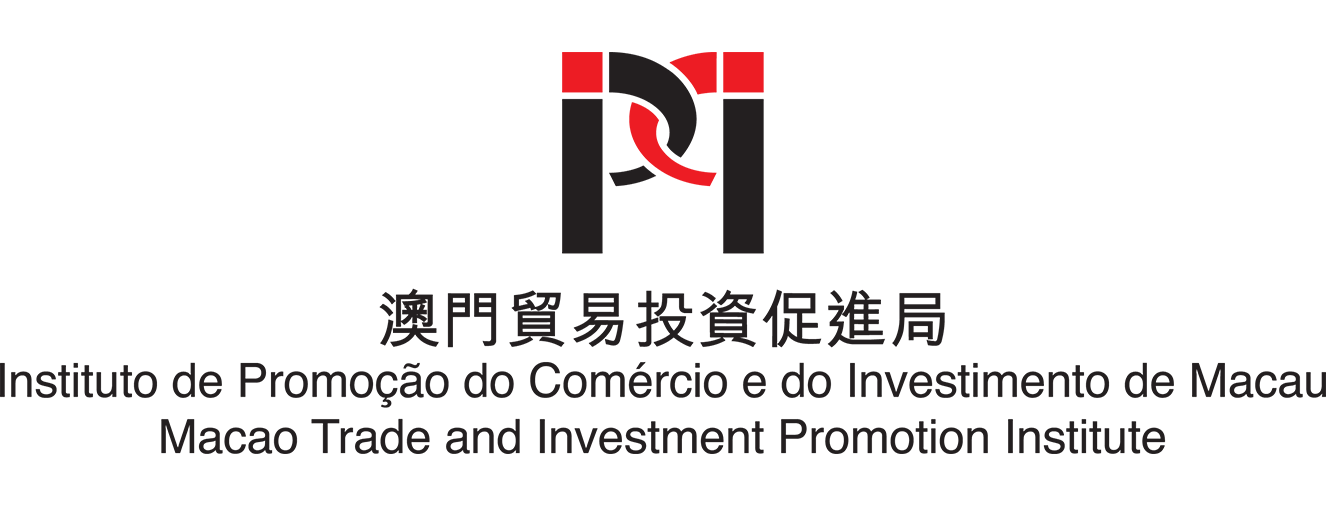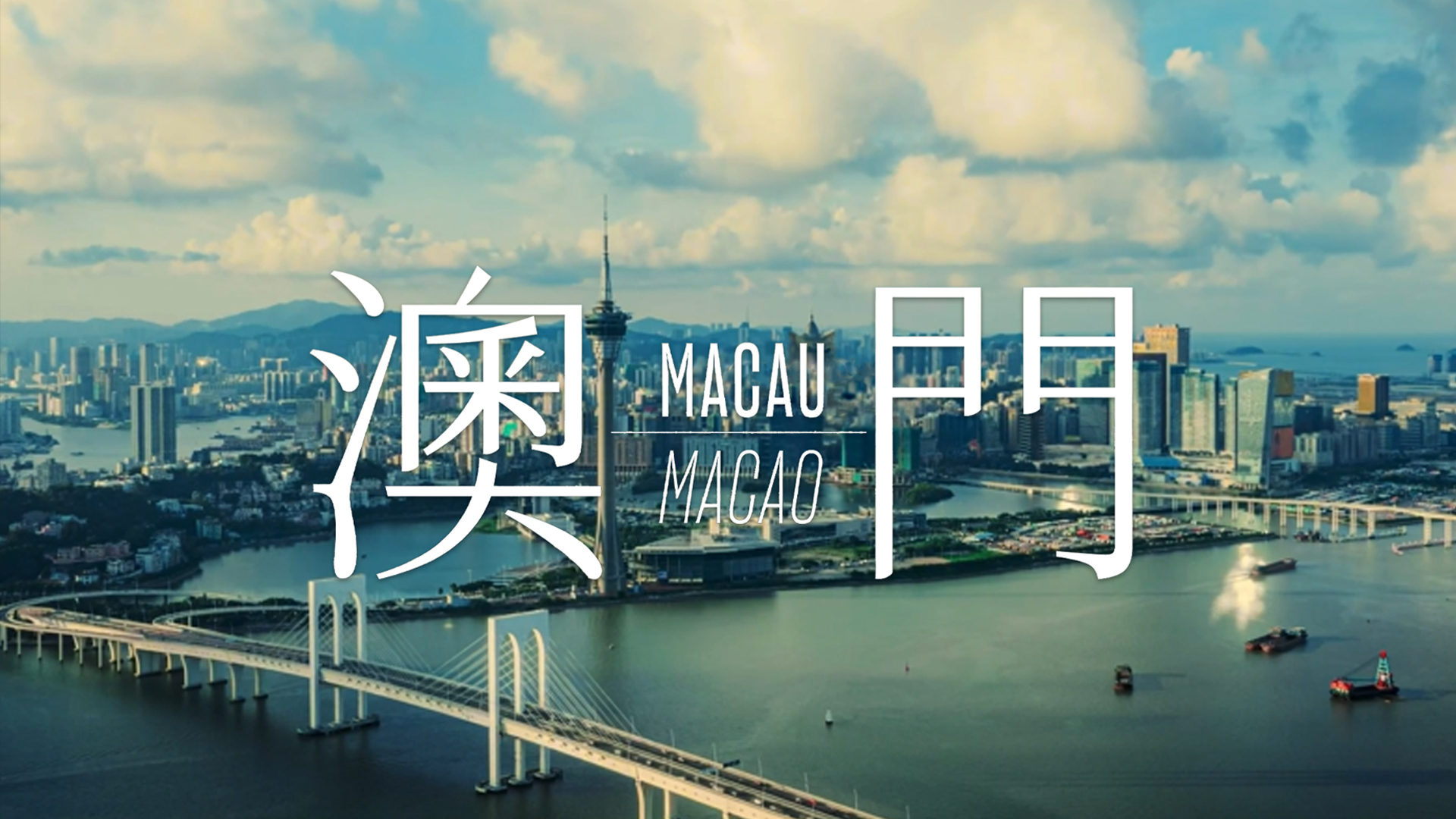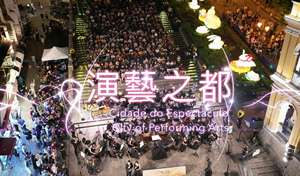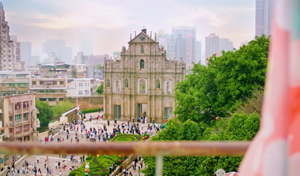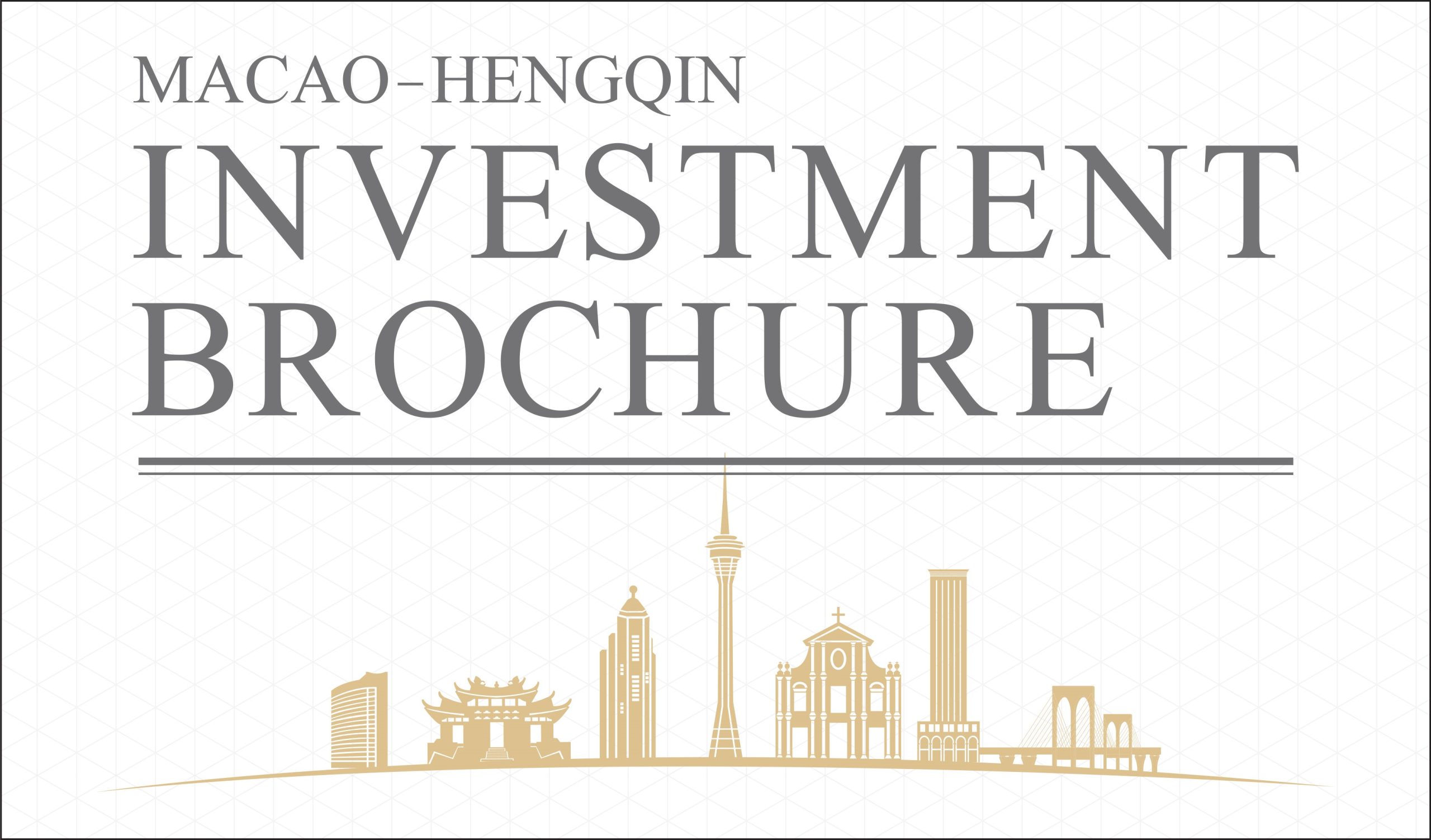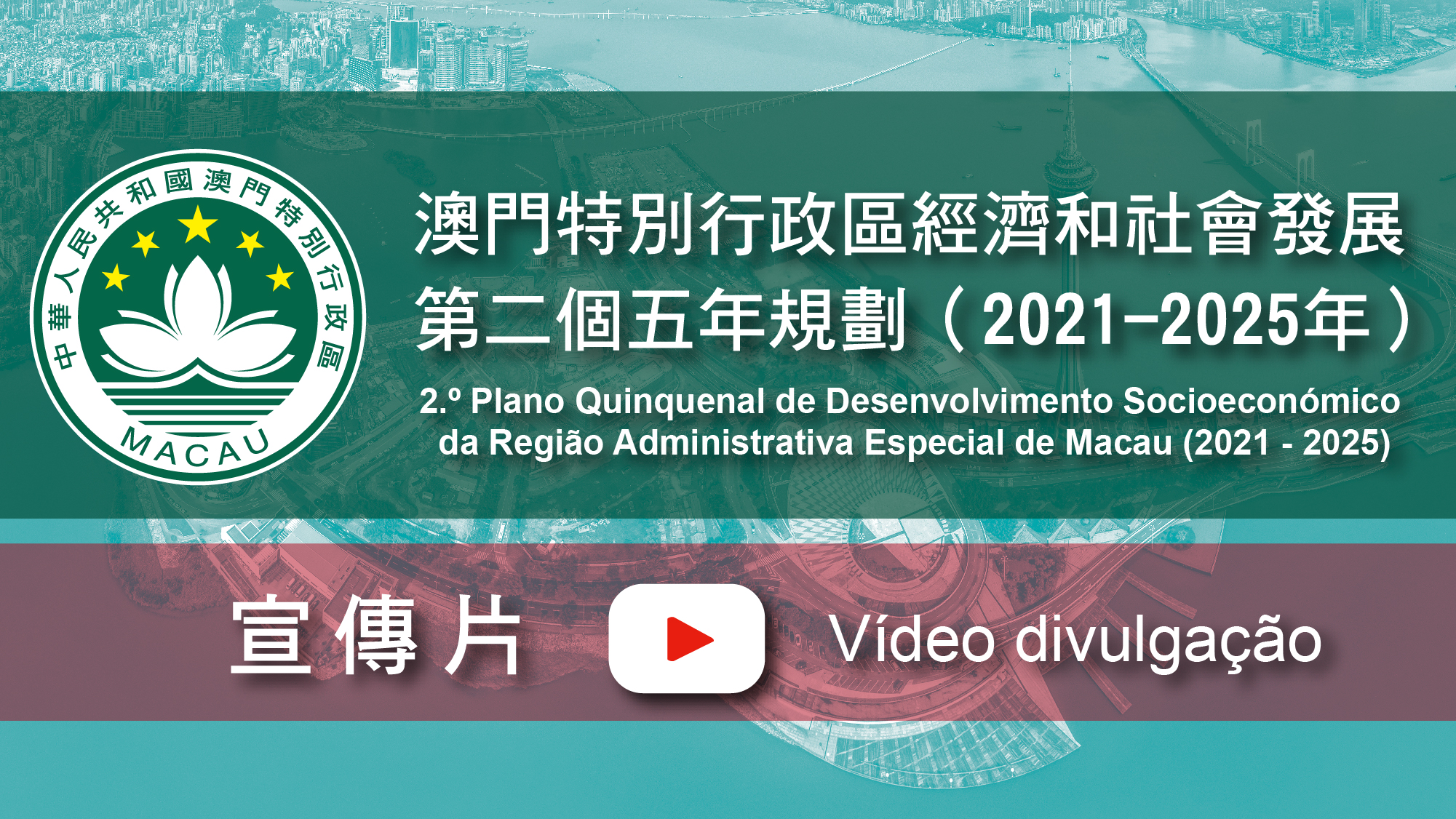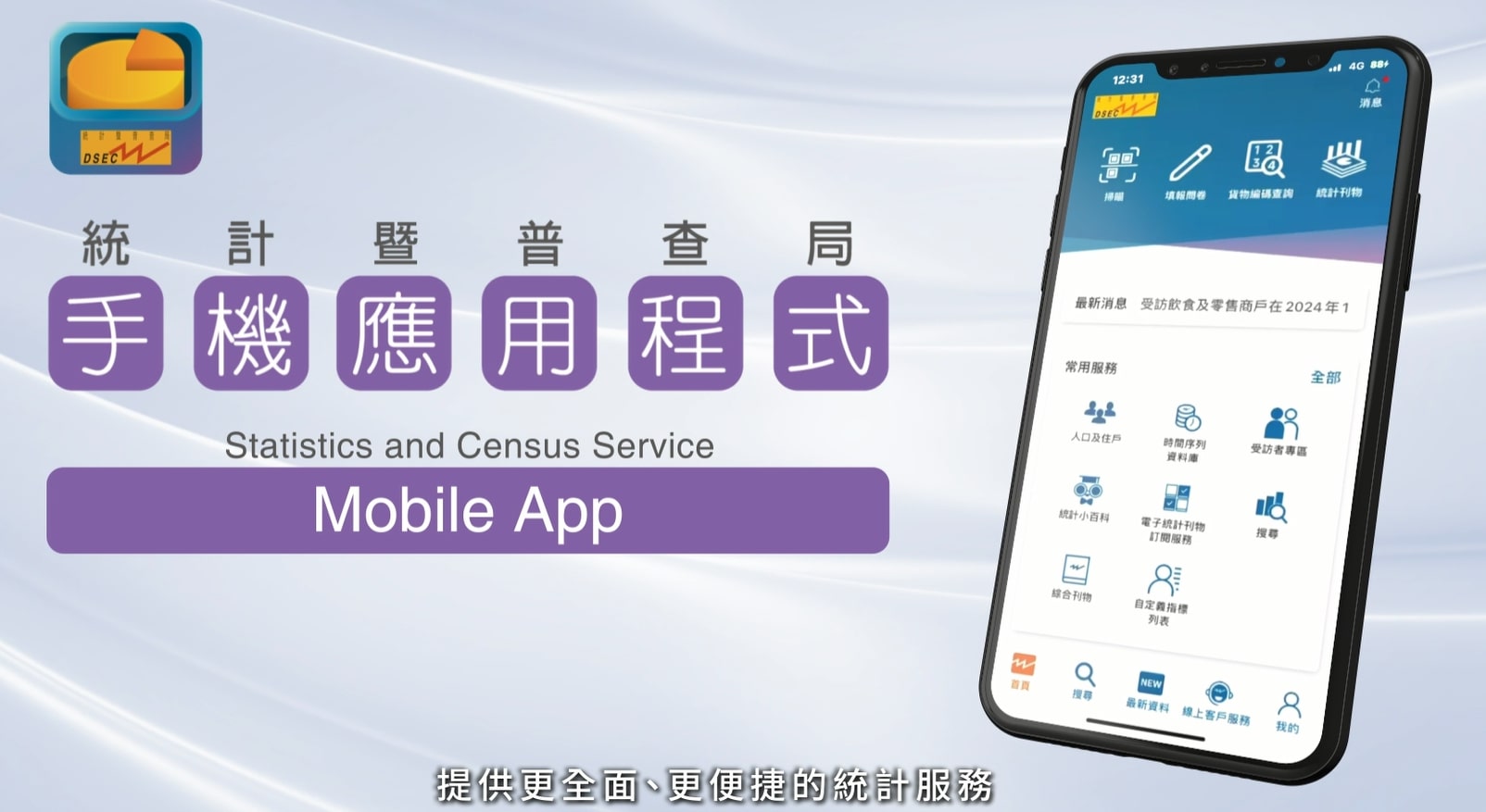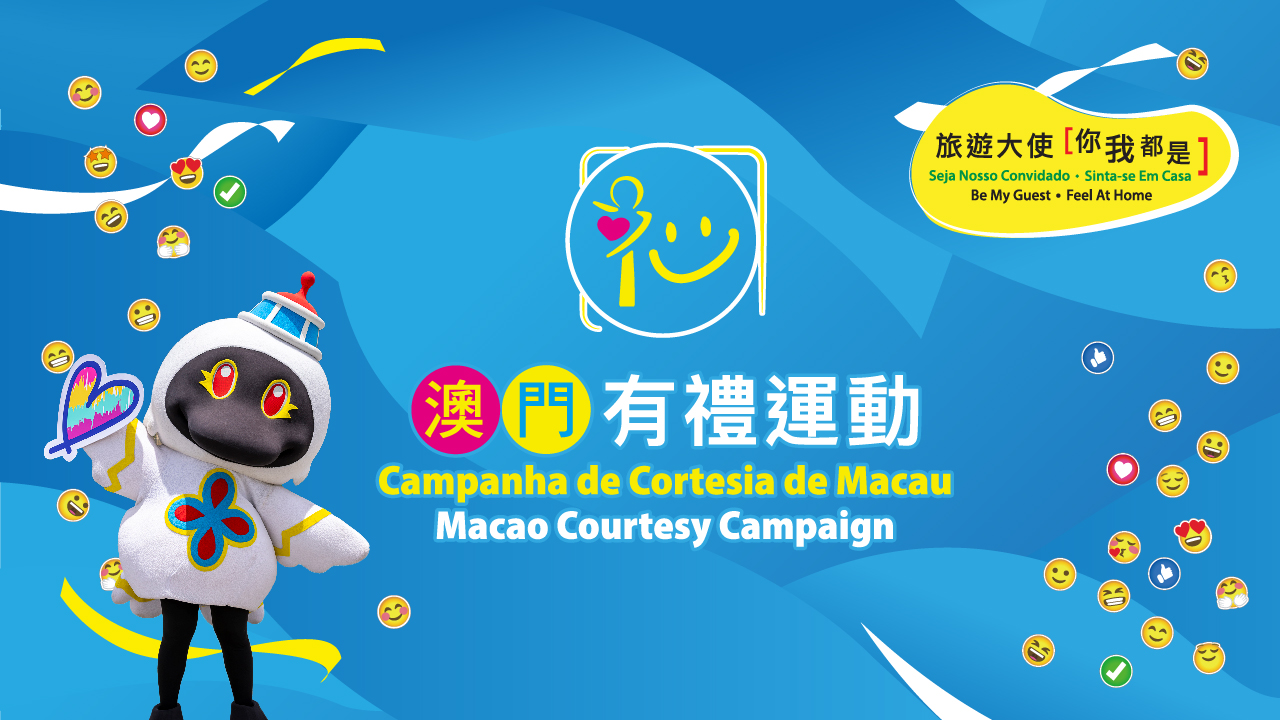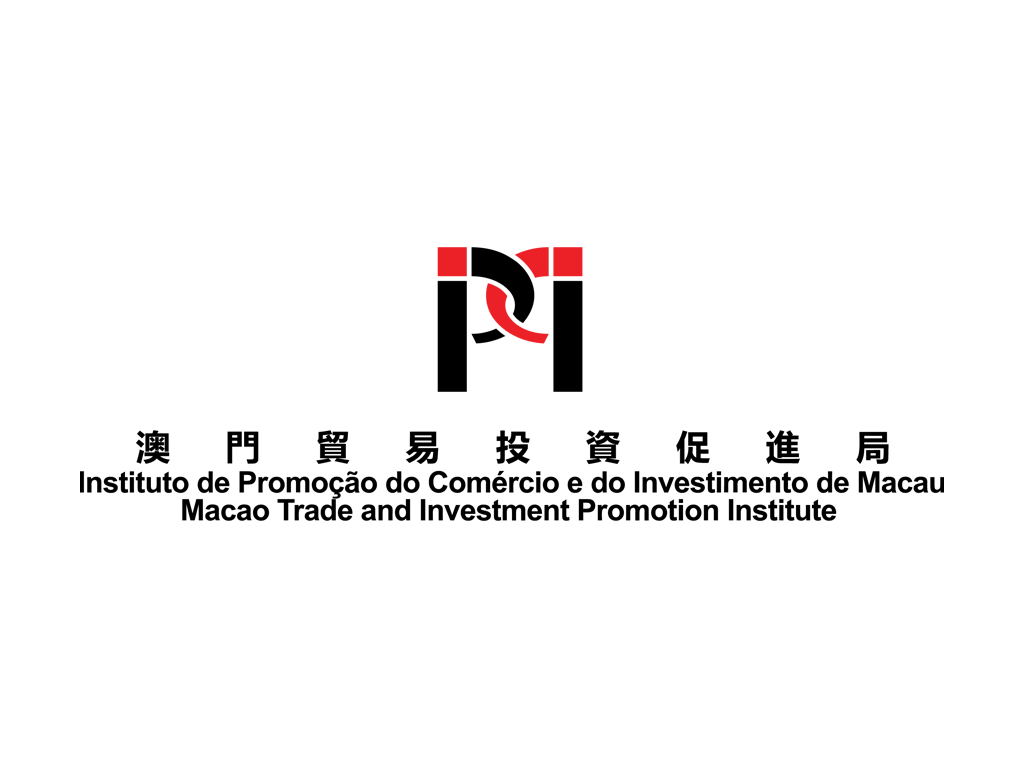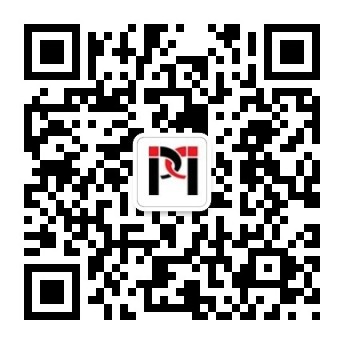Search Issues

Trade in Chinese Organic Foods
has become Macao’s
Newest Business Prospect
The birth of the Internet has speeded up the flow of global information. Retailers can now purchase goods from suppliers directly via the Internet. Some people even believe, quite wrongly, that there will eventually be no place for traditional business agents. Vaian Group (International) Co. Ltd., a Macao based company, started the trading arm of its business by introducing Chinese loquat jelly to the Japanese market ten years ago and is now exporting a large quantity of Chinese organically farmed products overseas. Its role as a go-between has increased rather than diminished. Charles Choy, General Manager of Vaian Group, told Macao Image that the only way for traditional intermediaries to survive is to provide ever- increasing added value service.
Vaian Group is a medium-sized family business that has a relatively long history. Founded in 1969, its core business has always been the manufacture of handbags, and it is one of Macao’s few remaining handbag producers. Ten years ago, the Vaian Group introduced Chinese loquat jelly to the Japanese market. The Vain Group also introduced Pangaoshou and Nin Jiom, the two most well known brands from Hong Kong and Macao, to the Japanese market. It still represents Pangaoshou nowadays.
The Chinese government encourages organic farming.
Organic farming is an environmentally friendly industry that produces virtually no pollution. It has been a popular method of farming in Europe and the US for a number of years. China’s economy is traditionally based on agriculture. Due to increased imports and improvements in agricultural technology, China experienced an oversupply of grain a couple of years ago. In order to protect the nation’s farmers from the fallout of excessively low grain prices, the Chinese government began to encour age farmers to shift to products yielding higher added value. With strong policy support from the state, the Organic Food Development Centre of the State Administration for Environment Protection was set up in 1994. As the only entity qualified to certify organic products in China, it also assists the State Administration for Environment Protection in managing and overseeing domestic organic farming.
At that time, a large Japanese company asked Mr. Choy whether he could supply organic pumpkins. Back then Mr. Choy had no knowledge whatsoever of organic products. But he got in touch with friends working at China’s State Administration for Environment Protection in his search for organic agricultural production facilities in mainland China.
Mr. Choy explained that while the Chinese government encouraged farmers to engage in or ganic farming several years ago, so as to achieve higher agricultural added value, the State Administration for Environment Protection started subsidising certain agricultural areas. “The farmers had nowhere to sell the organically grown products several years ago because, firstly, demand on the international market was not strong enough and, secondly, domestic organic products failed to meet international standards.” Popularity of organic products in the international markets has, in fact, risen thanks to a wide range of activities, such as trade shows.
Vaian Group has teamed up with Hong Kong and mainland partners to export Chinese organic products to the European Union, Japan, and the United States. By taking advantage of existing networks in Japan, Chinese organic food has been increasingly welcomed by Japanese consumers. According to Mr. Choy, organic black bee honey on sale at a 500-store-chain has been well received by Japanese consumers.
Organic products penetrate markets in the EU, the US, and Japan
Last year Vaian exported nearly 1,000 metric tonnes of Chinese organic products, most of which, mainly seeds and beans, went to the European Union. Japan and the United States mainly bought mushrooms and honey.
According to Mr. Choy, organic farms can be found in different parts of China. Seeds, beans and cereals are mainly grown in three provinces of the Northeast and also in Yunnan and Hebei provinces. As for Chinese herbs, the organic farms are mainly based in Yunnan Province. Most vegetables are grown in Shandong Province, while fungus and mushrooms are grown in Fujian and Zhejiang Provinces. “There is a strong presence of organic farming in the three provinces in the Northeast, particularly Heilongjiang Province, thanks to large stretches of undeveloped and unpolluted land there. A Japanese TV series called “Son of the Land” was shot in the place where we purchase our organic rice.”
Certification of organic products
Chinese organic products must acquire internationally or locally recognised certificates before they may gain access to international markets. Certification procedures for organic products are like entry visas for travellers. ECOCERT of the EU, JAS of Japan, and OCIA of the US are the top three international certification bodies.
Organic farming is a production process that does not use chemical fertilisers, herbicides, feed additives, or genetic engineering. There are stringent criteria for organic farming. It is, therefore, no easy task to obtain the respective certificates. Criteria include the following: The production base must have been free from pollution of forbidden items, such as herbicides and chemical fertilisers, for three consecutive years. Seeds and seedlings must be naturally grown and not be genetically modified. The farm must have a long-term programme for organic fertilising and plant protection. The organic farm must have quality control and a specific monitoring programme covering the whole production process.
Mr. Choy told “Macao Image” that a buffer zone must be built around the respective organic farm to avoid possible pollution, once the production farm has passed all the necessary certifica tion procedures. Farmers should also be properly educated, on top of which the local government and other relevant authorities should improve their expertise in managing organic farming.
“Organic food is no ordinary product. Inspectors are dispatched regularly to see whether farmers comply with the necessary standards, and whether there is any pollution. They even look at the farmers’ hand-washing detergent because several kinds of poisonous additives are banned,” Mr. Choy explained.
“Application forms resemble voluminous books containing maps, area charts, information about water quality, rivers, every farmer, whether there are any industrial plants nearby, how to build a buffer zone. For every product there is a serial number. If anything goes wrong, we can trace the problem back to the respective farmer from the specific product number. Then all the products from that farmer are checked and are dumped if found to be contaminated. The strict and effective follow-up system reduces any possibility of contamination to nearly zero,” Mr. Choy pointed out.
A niche market
Vaian Group mostly purchases organic products and then exports them to overseas markets. The company signs purchase contracts with local governments. Mr. Choy explained, “Traditionally, buyers do not meet their sellers, so if they want to control quality directly, they need to have a representative office at the production base, which would cost them more. Moreover, to an extent, we are involved in managing the production bases because we have the necessary expertise and familiarity with the market, which the farmers do not have.” “Our strength lies in our familiarity with the network of Chinese organic products and related international laws and regulations. We are notified immediately when there are any amendments to existing laws and regulations. We are not worried about being pushed out by competitors because we can provide added value.” In a nutshell, both sides need Vaian as a go-between.
Macao is tiny with a small population. Over three quarters of its external merchandise trade value is generated by garments and textiles. Few companies are engaged in transhipment or the representation of exporters. Nevertheless, Vaian Group has found its niche market. Mr. Choy said, “Personally, I think Macao has better connections with the Chinese mainland than Hong Kong. The Macau Chinese Chamber of Commerce has built up a close relationship with many mainland provinces and cities. Macao’s long-established ties with the Chinese mainland and its close relationship with the EU create promising business opportunities.”
The liberalisation of the gaming industry has given Macao more international exposure. Mr. Choy says this will indirectly help Macao’s trade. “If you write “Macao” in the search engine of the CNN website, you can now retrieve far more information than before. We will have the opportunity to expand our business as long as the business travellers are willing to come. A Hong Kong-Zhuhai-Macao bridge in the future will make it more convenient for travellers to come to Macao from Hong Kong and to travel onwards to the mainland. I believe the bridge will certainly be beneficial.”
There is still no framework of laws and regulations governing organic food in Hong Kong and Macao, so Vaian’s products are not available in these two markets. Mr. Choy says the problem is that certified organic products are indistinguishable from uncertified ones available in Macao and Hong Kong, so there is no legal protection for real organic food. As a result, Mr. Choy has chosen not to penetrate these two markets. However, Mr. Choy hopes to hold an organic food show in Macao in the future to help people gain a better understanding of the subject.
VAIAN GROUP(INTERNATIONAL) CO., LTD.
Address: Edificio Industrial “Wa Long” 4FL., No. 131-133
Ave. Almirante Lacerda, Macau.
Tel: 853-315345
Fax: 853-316306
Email: charles.choy@vaian.com
